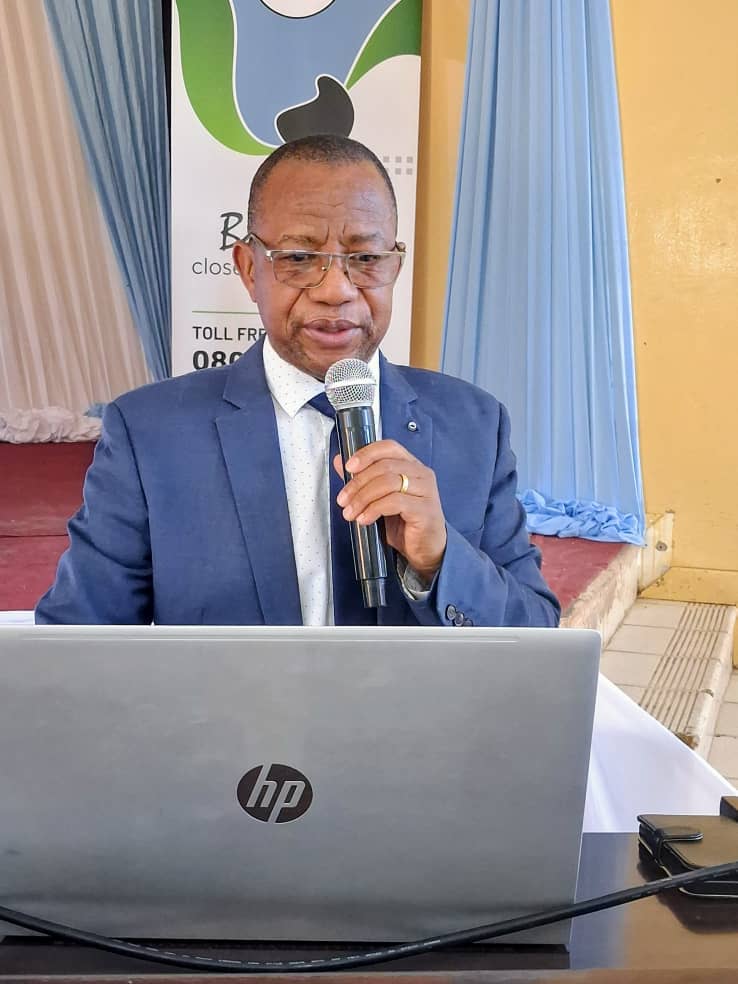UB Partners with Gaborone City Council to Tackle Landfill Challenges through Research
 University of Botswana (UB) has partnered with Gaborone City Council (GCC) to address long-standing operational and environmental challenges at Gamodubu Regional Landfill. The partnership is part of the Educational Partnerships for Innovation in Communities (EPIC) programme, an initiative that fosters collaboration between universities and local authorities to address community challenges through research and innovation.
University of Botswana (UB) has partnered with Gaborone City Council (GCC) to address long-standing operational and environmental challenges at Gamodubu Regional Landfill. The partnership is part of the Educational Partnerships for Innovation in Communities (EPIC) programme, an initiative that fosters collaboration between universities and local authorities to address community challenges through research and innovation.
The UB-GCC partnership was initiated by a team of six (6) final-year Bachelor of Science students, working under the supervision of Dr Marks Ditlhogo, a Senior Lecturer in the Department of Biological Sciences, embarking on research projects at the Gamodubu Regional Landfill. The projects were integral to the students’ academic training while simultaneously generating critical data for GCC to support informed decision-making in managing the landfill.
The student-led research stems from a field visit to the landfill where the team engaged with site managers and began collecting data to guide evidence-based interventions. Their aim is to develop practical and cost-effective solutions for longstanding challenges at the facility.
Among the most pressing concerns raised by the landfill management was the frequent overflow of leachate (from the leachate pond) during heavy rains, which threatened nearby villages and river systems downstream with potential heavy metal pollution. There was also fear that underground water sources, crops, soil organisms and nearby vegetation could be contaminated with heavy metals from the leachate overflow. Other persistent problems included inadequate maintenance and undersized equipment and absence of a landfill gas monitoring system.
 Lack of waste segregation at the source further complicated landfill operations while Botswana’s absence of recycling infrastructure meant most waste ended up permanently buried. A shortage of trained personnel remained another critical bottleneck.
Lack of waste segregation at the source further complicated landfill operations while Botswana’s absence of recycling infrastructure meant most waste ended up permanently buried. A shortage of trained personnel remained another critical bottleneck.
Despite these systemic issues, initial findings from soil sampling offered some cautious optimism. Research conducted by the UB team revealed no significant differences in levels of heavy metals - such as chromium, iron, copper, lead and zinc - between soil exposed to leachate and unaffected areas.
This indicates that the leachate, while a concern, may not currently pose an immediate threat in terms of heavy metal contamination. The researchers attribute this to factors such as dilution of contaminants by rainfall, low levels of heavy metals in the waste deposited at the landfill and low accumulation of the heavy metals over the landfill’s 14-year history.
The team, however, pointed out the need for long-term monitoring of the underground water, soil and vegetation for heavy metals.